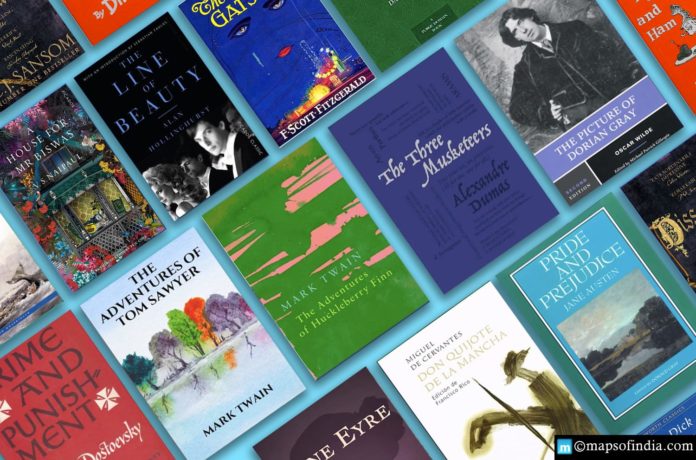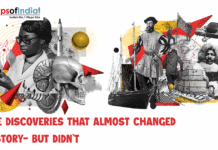World classics are literary works of eternal value. They are recognised as deserving of the best quality standards for other books. They are like jewels.
The classic idea took shape in 18th century France, solidified in 19th century Germany and spread around the world through education systems that imitated German or European models. A classic means one of the very best. While various things can be termed classic- from civilisations and languages to designs and performances, the word is primarily used for individual works. The works are suitable bike musical compositions or poems, or other genres. “Classic” is, however, used more often for works of imaginative literature. Being a derivative of an early 19th-century German idea, there is elitism and a suggestion of high culture.
- Utopia by Sir Thomas More
Coining a word meaning No fair more describes an imaginary, ideal community. He had a narrator Raphael Hythloday, who begins by demonstrating how it is impossible to be an excellent counsellor to a King, then talks about the founding of Utopia. Finally, he speaks regarding some of the distinguishing features of Utopia, such as lack of private property, division of labour, a thorough egalitarianism, and a democratic and paternalistic government. His twin’s purposes of criticising his society and sketching and alternatives are beautifully served.
- Hamlet by William Shakespeare
A student in Paris, Hamlet, returns home on hearing that his father the king has died. On arrival, he finds that his mother, Gerturde, has married his uncle Claudius and should take revenge. He feigns Madness, repudiates his beloved Ophelia, kills her father by accident and outfits Claudius, who tries to arrange his murder on a trip abroad. In a climactic scene, he returnss and is killed by Laertes. Gertrude and Claudius are also killed. The dark, brooding Hamlet is said to anticipate modern man.
- Gulliver’s Travels by Jonathan Swift
The novel combines every day with fantastic. A solid, practical, middle-class English man Lemuel narrated it. It is simultaneously a gripping story of adventure and a searing satire on humanity. Each of the four parts of the book describes Gulliver’s visit to some strange land. Part I is about the land of the Lilliput, Mein, so small idols are only a few inches high. Part II describes the land of Giants, Brobdingnag; Part III The flying island of Laputa; Part IV the Houyhnhnms, horses a rational and culture that they score on humans as ineducable barbaric ‘Yahoos’.
- Pride and Prejudice by Jane Austen
Set among the English middle class says of the 19th century, the book opens saying, “It is a truth universally acknowledged that a single man in possession of a fortune must be in want of a wife”. Next, it states the trials and tribulations of the bennets and the games people play in their quest for status and partners. With irony, subtle humour and sharp observations on society and human foibles, Austen reads the story of Elizabeth, Darcy, Jane and three other Bennett girls. Pride, prejudice, Mellis and Snowberry are overcome as the deftly sketched novel closes.




